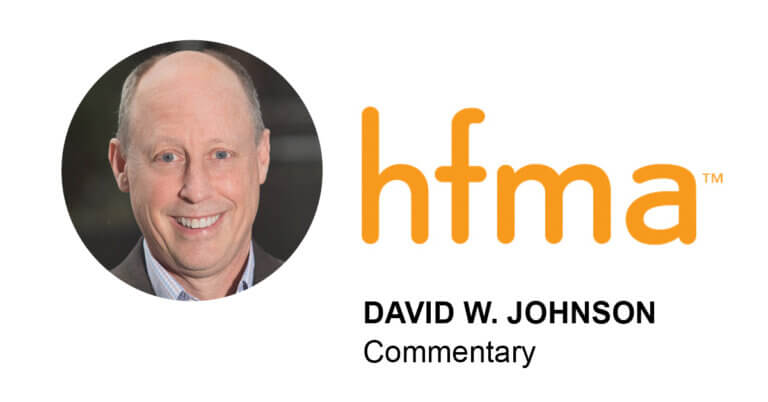January 17, 2024

Bad Billing
If you tell consumers in a timely manner exactly what they owe and when they have to pay it, most of them will pay their bills.
That ingrained behavior is why so many consumers, especially seniors, fall for online or phone scams. All they have to read or hear is “pay X by X or else,” and they’re instantly typing in their credit card numbers or checking account and routing numbers.
That ingrained behavior also is what makes healthcare billing and collection — collectively referred to as the healthcare revenue cycle — such a mystery. If you tell patients in a timely manner exactly how much they owe for what and when they have to pay it, most of them will pay their medical bills. The problem is, hospitals, health systems, medical practices and health insurance plans just can’t do that. Then they blame patients for not paying their bills.
A short research letter recently published in the Journal of the American Medical Association supports the idea that it’s providers and payers, not patients, that have created the revenue cycle mayhem.
Six health services researchers from Northwestern University, the Leapfrog Group and Johns Hopkins University surveyed 2,270 hospitals on their billing practices. Specifically, they wanted to know how many of them adhered to three billing quality measures developed by the Leapfrog Group. The three measures are:
- Timely itemized bills: Does your hospital send itemized bills within 30 days?
- Billing service: Does your hospital provide access to a billing representative?
- Legal action: Does your hospital take legal action against patients who cannot afford to pay their medical bill?
Pretty straightforward stuff for consumers in any industry. Here’s your itemized bill, let me know if you have any questions or concerns, and if you don’t pay it, we’ll come after you.
But if you work in healthcare or have ever been a patient, you know that the healthcare revenue cycle is anything but straightforward. Here’s how the surveyed hospitals answered those questions:
- 55.1% said they send itemized bills out within 30 days; 44.9% did not.
- 94.5% said they provide access to billing services; 5.5% did not.
- 33.2% said they take legal action against patients who don’t pay their bills; 66.8% did not.
Overall, only 37.7% of the surveyed hospitals met all three billing standards, according to the study.
The bottom line for many patients is, they don’t know in a timely manner exactly what they own, when they have to pay it, how they can pay it or whether they’ll get sued if they don’t pay. That’s all on top of being sick or injured, of course.
“Standardized measurement and reporting of hospital billing practices could increase accountability, reduce variation in billing practices, and reduce barriers in access to care in the U.S.,” the researchers concluded.
It seems so simple. But nothing is simple in healthcare. At the top of that list is the revenue cycle.
Thanks for reading.
To learn more about this topic, please read, “The Complexity of Medical Bills Rolls Downhill to Consumers.”





